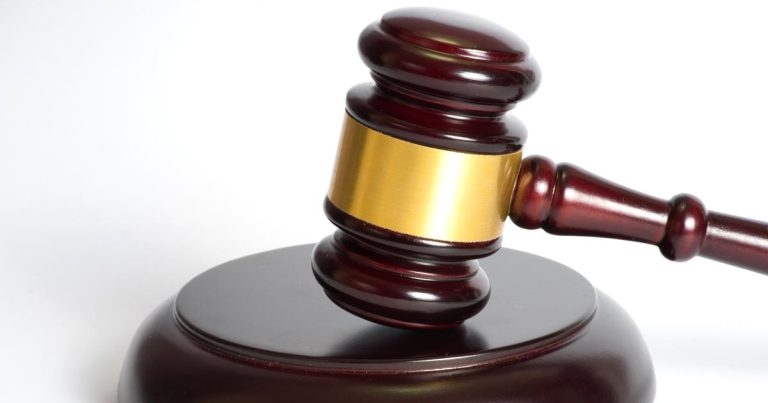22 Apr 2024
A veterinary nurse who went to prison before joining the RCVS register will face no further action, after a committee found additional sanctions would be “superfluous”.

Image © stadtratte / Adobe Stock
An RVN has faced disciplinary proceedings over an incident for which he was jailed before he registered with the RCVS.
A committee concluded Kai Murray was unfit to practise because of his criminal conviction, even though its members were “not satisfied” that any further sanctions would be in the public interest.
But an application for anonymity made on his behalf was rejected by the panel, who found there were no “exceptional circumstances” that would justify such a step.
Mr Murray was sentenced to nine months in prison at Birmingham Crown Court in December 2021, after he admitted affray over an incident in which another man was attacked with a sword.
A newly published report of the three-day disciplinary hearing, which took place in early April, said he only joined the RCVS register in June of last year and had disclosed his conviction at that stage.
A college spokesperson later emphasised that, while it does not have any regulatory powers over SVNs, Mr Murray would have been made aware that his case may be considered at the time of his registration.
The committee’s report emphasised the judge’s sentencing remarks from the original court case, which indicated Mr Murray had not inflicted any injuries himself.
But it added that he had taken part in a chase that followed the breaking of his car windscreen by the man who was subsequently attacked with the sword. The incident also happened in an area where children were present.
Lawyers for the college described those actions as “deplorable” and “egregious”, arguing that they made him unfit to practise.
The committee agreed that Mr Murray’s conviction brought the profession into disrepute, but argued that further sanctions such as a reprimand or warning as to future conduct would be “superfluous, and punitive in nature” because of his remorse and insight.
The panel received references from his practice as well as a mental health chaplain and a bishop who had supported him during his time on remand.
It added that his voluntary work at a resettlement service for people who are released from prison showed insight into why his previous actions were wrong and concluded the risk of him reoffending was “minimal”.
The report further stated Mr Murray had repeatedly apologised through his representative during the three-day hearing both for his actions and the need for a committee to be convened to consider his case.